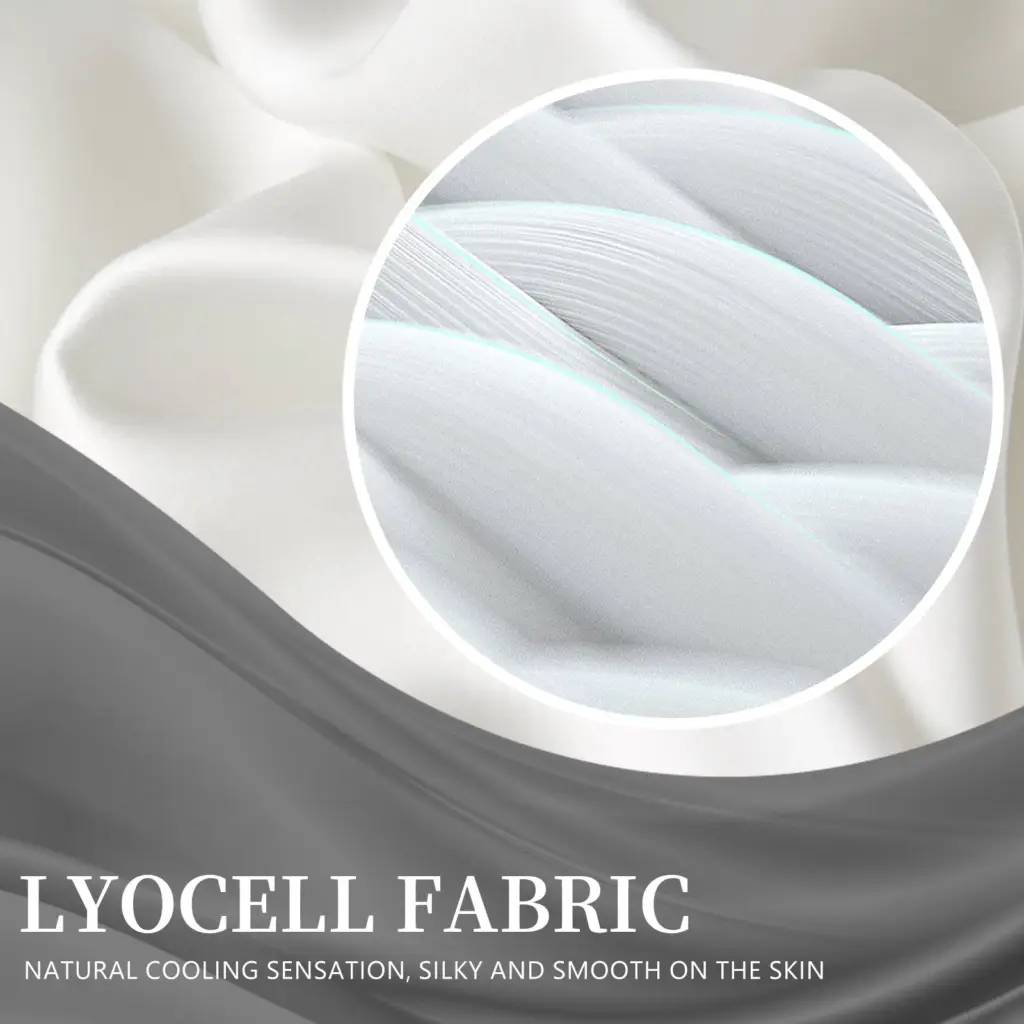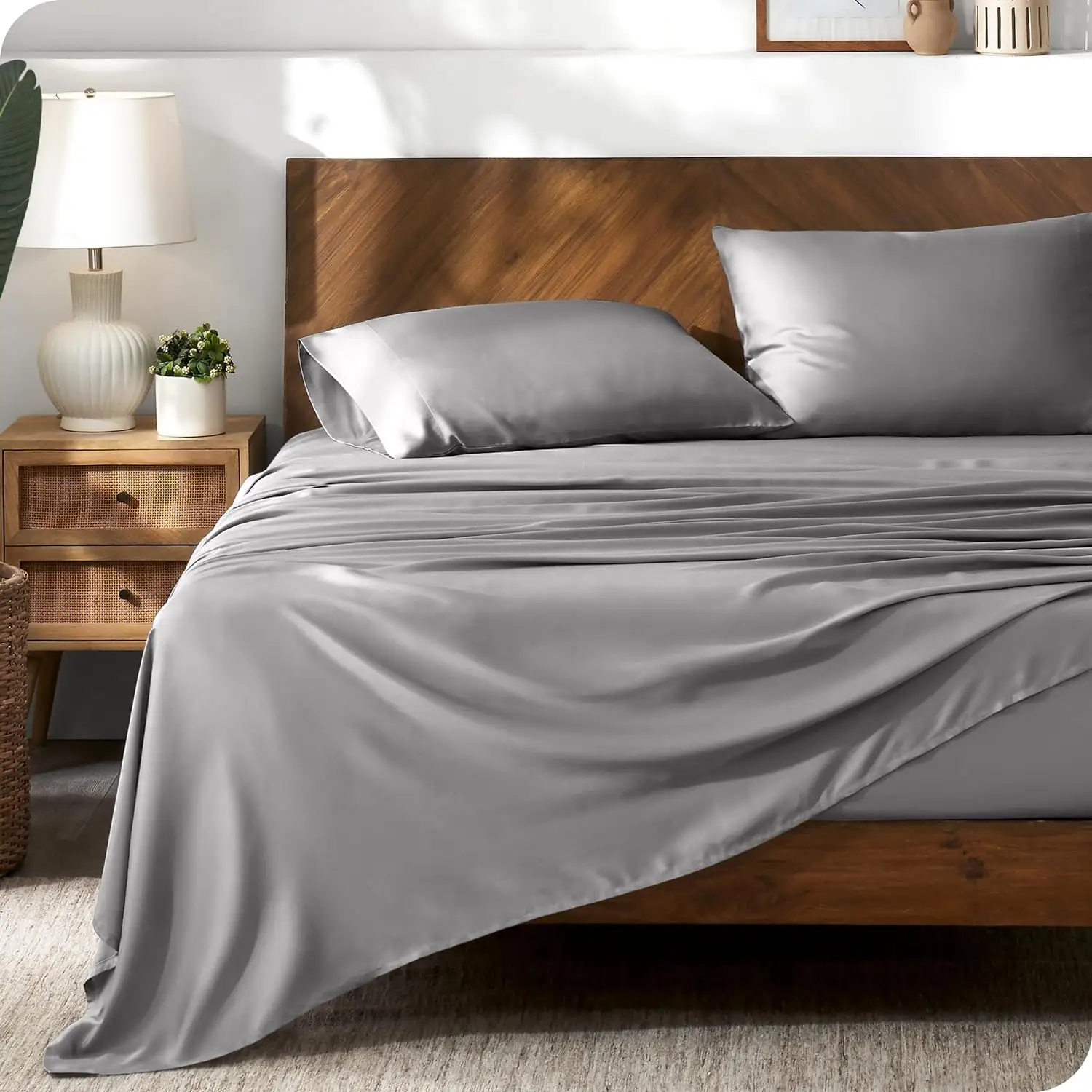In today’s competitive bedding market, “sustainability” and “luxury” are buzzwords often used to differentiate products. Lyocell bed sheets, often marketed under the brand name Tencel™, have gained a reputation as an eco-friendly, premium option. But the question remains: are Lyocell sheets genuinely worth the investment, or are they just another marketing trend?
What Are Lyocell Sheets?
Lyocell is a semi-synthetic fiber derived from wood pulp, typically sourced from eucalyptus, beech, or birch trees. The production process uses a closed-loop system, meaning water and solvents are recycled with minimal waste. This gives Lyocell a strong sustainability profile compared to traditional cotton or synthetic textiles.
Key Benefits of Lyocell Sheets
1. Sustainability
For businesses in hospitality or retail, eco-conscious sourcing is no longer optional—it’s a customer expectation. Lyocell’s low environmental footprint positions it as a material aligned with ESG initiatives and green procurement standards.
2. Comfort and Performance
Lyocell sheets are praised for their silky-smooth feel, comparable to high-thread-count cotton. They are also:
- Breathable and moisture-wicking, ideal for hot sleepers.
- Naturally hypoallergenic and resistant to dust mites.
- Durable with strong tensile strength, making them suitable for commercial laundering cycles.
3. Brand Differentiation
For B2B buyers, Lyocell can be leveraged as a premium product category. Hotels, resorts, and wellness-focused brands often use it to reinforce a luxury positioning while showcasing commitment to sustainability.

relation product:Breathable Lyocell Bed Sheets
Are There Any Downsides?
- Price Point: Lyocell sheets generally cost more than cotton or polyester blends. Businesses must weigh whether the perceived value justifies the higher expense.
- Wrinkling: While softer than cotton, Lyocell wrinkles more easily, requiring careful handling or blending with other fibers.
- Consumer Awareness: Not all end-users recognize the difference between Lyocell and other fabrics, which means businesses may need to educate customers to realize the material’s value.
Marketing Hype vs. Real Value
Unlike some “eco-friendly” claims that lack substance, Lyocell’s sustainability credentials are backed by science and certifications. The fiber offers tangible benefits in comfort, performance, and environmental responsibility. However, its true value depends on strategic positioning:
- For luxury hotels, Lyocell aligns with wellness and green hospitality trends.
- For retailers, it supports premium product lines and eco-conscious branding.
- For wholesalers, Lyocell opens access to new customer segments that prioritize sustainability.
Conclusion
Lyocell sheets are not just marketing hype—they deliver measurable benefits in both product performance and sustainability. For businesses in hospitality, retail, or wholesale, investing in Lyocell can strengthen brand positioning, appeal to eco-conscious consumers, and support long-term value creation. While the upfront cost is higher, the payoff lies in differentiation, durability, and alignment with the future of sustainable living.


Leave a Reply